Pope Francis has spoken surprisingly little about political violence. What he has said, however, has been powerful. In a speech on September 1, 2013, the pope spoke out against political violence by declaring that “war begets war, violence begets violence.”
This statement is simple but true. One of the best predictors of whether a country will experience civil war is whether it has experienced a civil war in the past (see here and here). There are many reasons for this. One reason is that war and violence exacerbate the conditions that contribute to war breaking out in the first place. Countries that were poor and weak to begin with become even poorer and weaker as a result of civil war. In addition, leaders who emerge victorious from civil war often do not institute the necessary political reforms to prevent renewed violence in the future (e.g., inclusive and effective governance). The decision to use violence, therefore, often creates the conditions for more violence, not less. This is true even when violent resistance is initiated with the best of intentions – to institute political reform and improve social welfare.
Is the opposite also true? Does peace beget more peace?
The answer appears to be yes. One of the best predictors of whether a country will remain at peace is the number of years since its last violent conflict. The more years of peace a country experiences, the more years of peace it is likely to sustain moving forward.
On one level, this should be no surprise. Gandhi, Mandela, and Martin Luther King, Jr. all preached – and lived – peace in the face of deeply institutionalized injustices and brutality. Each of them was able to transform their societies without the use of violence. In addition, Buddhist teachings have long emphasized that a culture of peace naturally emerges when individuals in a society choose to become peaceful, gentle, and caring. Produce peace and you get more peace. Produce violence and you get more violence.
Research bears this out. In their award-winning book on non-violent protests, Erica Chenoweth and Maria Stephan found that governments are less likely to use violence against protesters who themselves refuse to use violence. When protesters start throwing rocks and shooting, soldiers do the same. Peace, it turns out, really does beget peace.
As a result, the simple message of Pope Francis should resonate with those making policy in Washington DC. For the last 14 years, the United States has turned to military force to solve crises and conflicts, rather than looking towards more peaceful methods of conflict resolution. The result is that the United States has perpetuated violence rather than perpetuated the conditions for peace. If the US hopes to escape the cycles of violence we have helped to create in the Middle East, we must re-orient ourselves away from violence. If peace begets peace, we should do everything possible to build a culture of negotiation, cooperation, and dialogue. As Pope Francis stated so simply, “this is the only way to peace”.

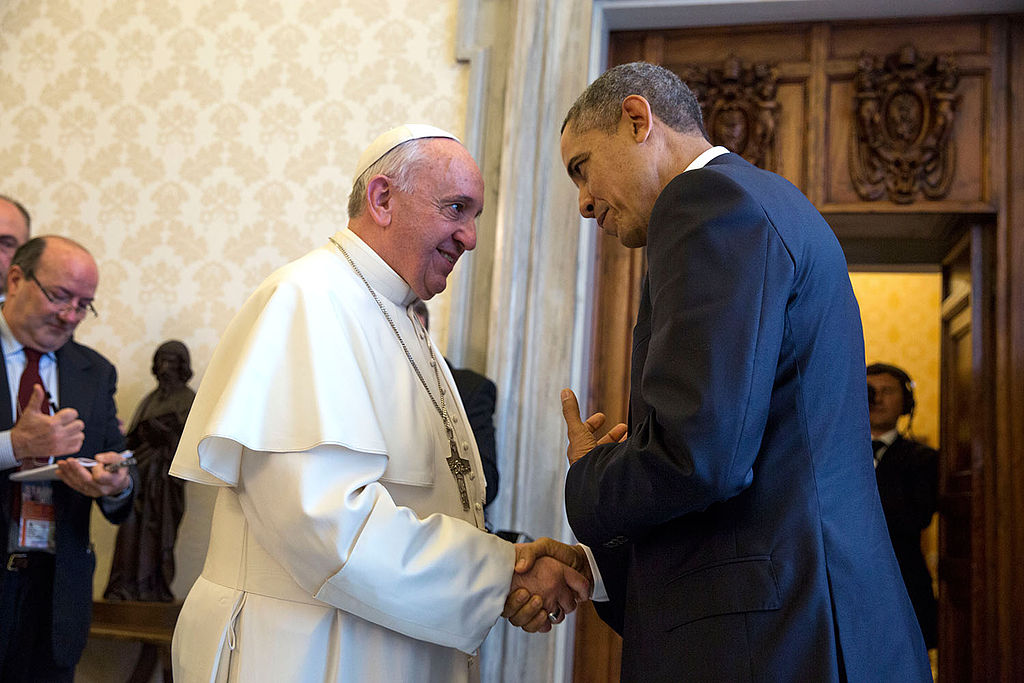
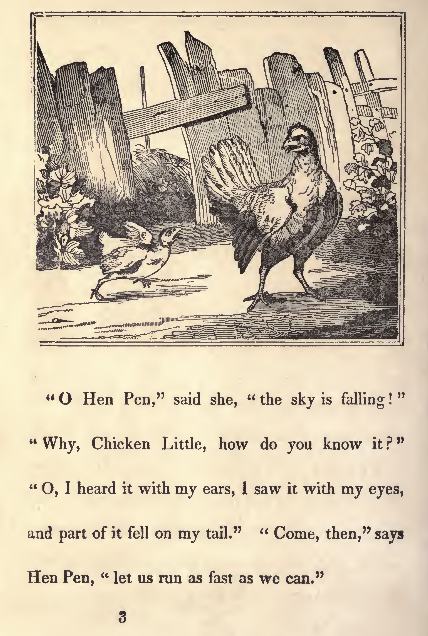
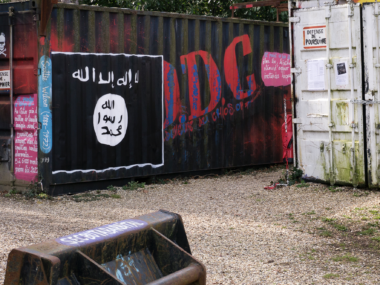
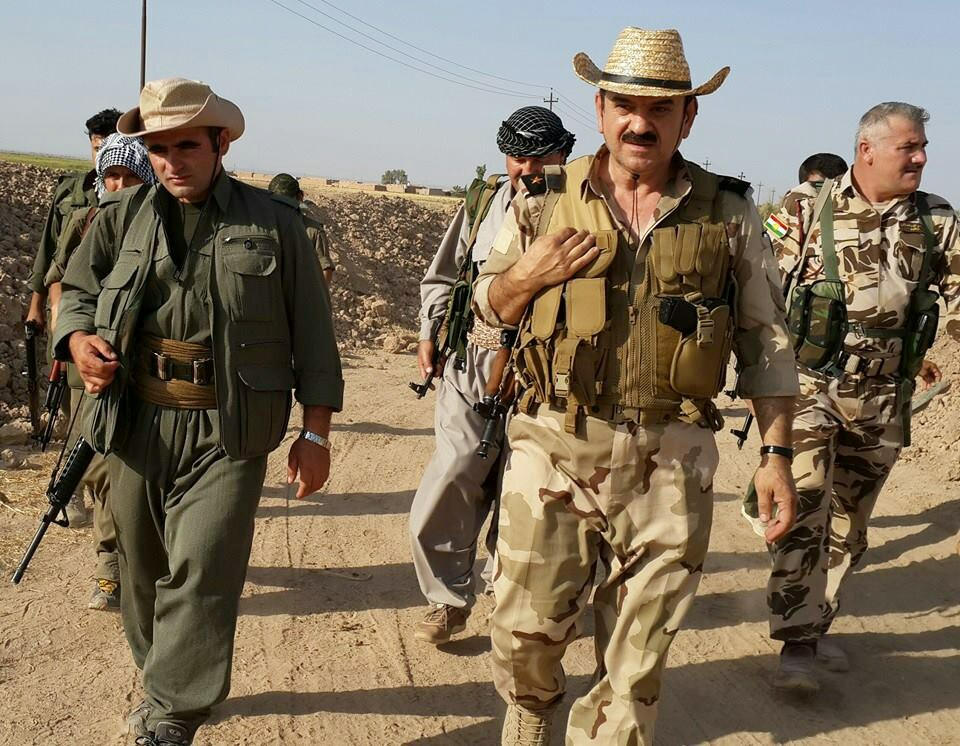
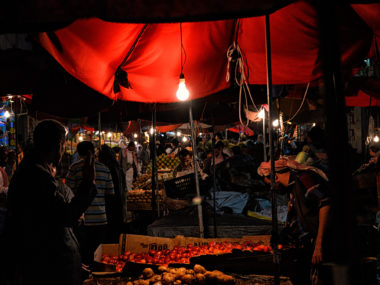
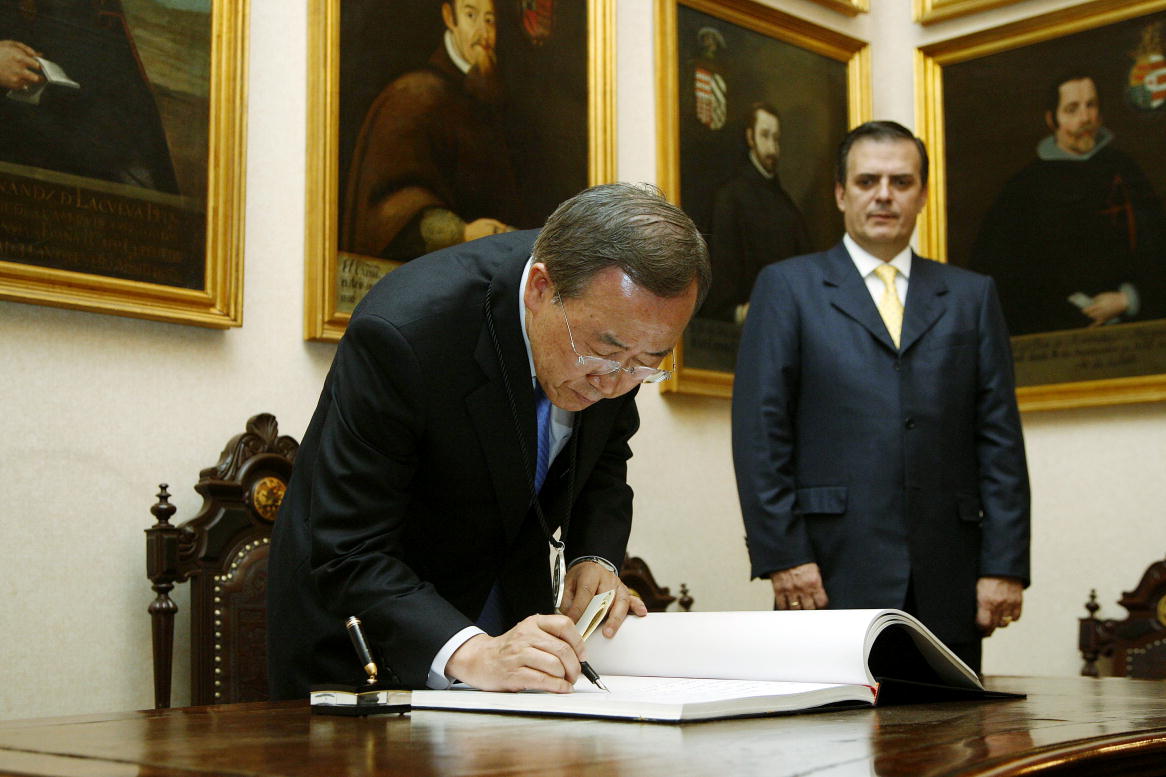
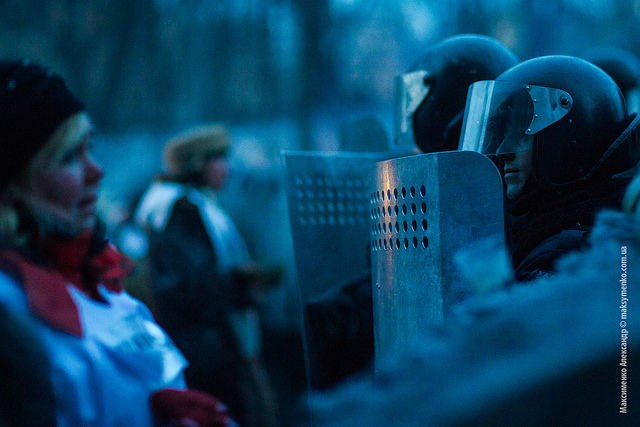
4 comments
Thank you for posting. I think that part of that process must involve “outing” the people invested in the sale of military hardware who are, to my knowledge, currently invisible and faceless. This is a big missing piece in the discussion of war. Peace is no good for their business.
Wisdom from a wise man talking deeply to rootcause. Lecturing poor nation on governing justly & democratically. Need to shown by exampler or model. Has fingerprinted exactly on the core.